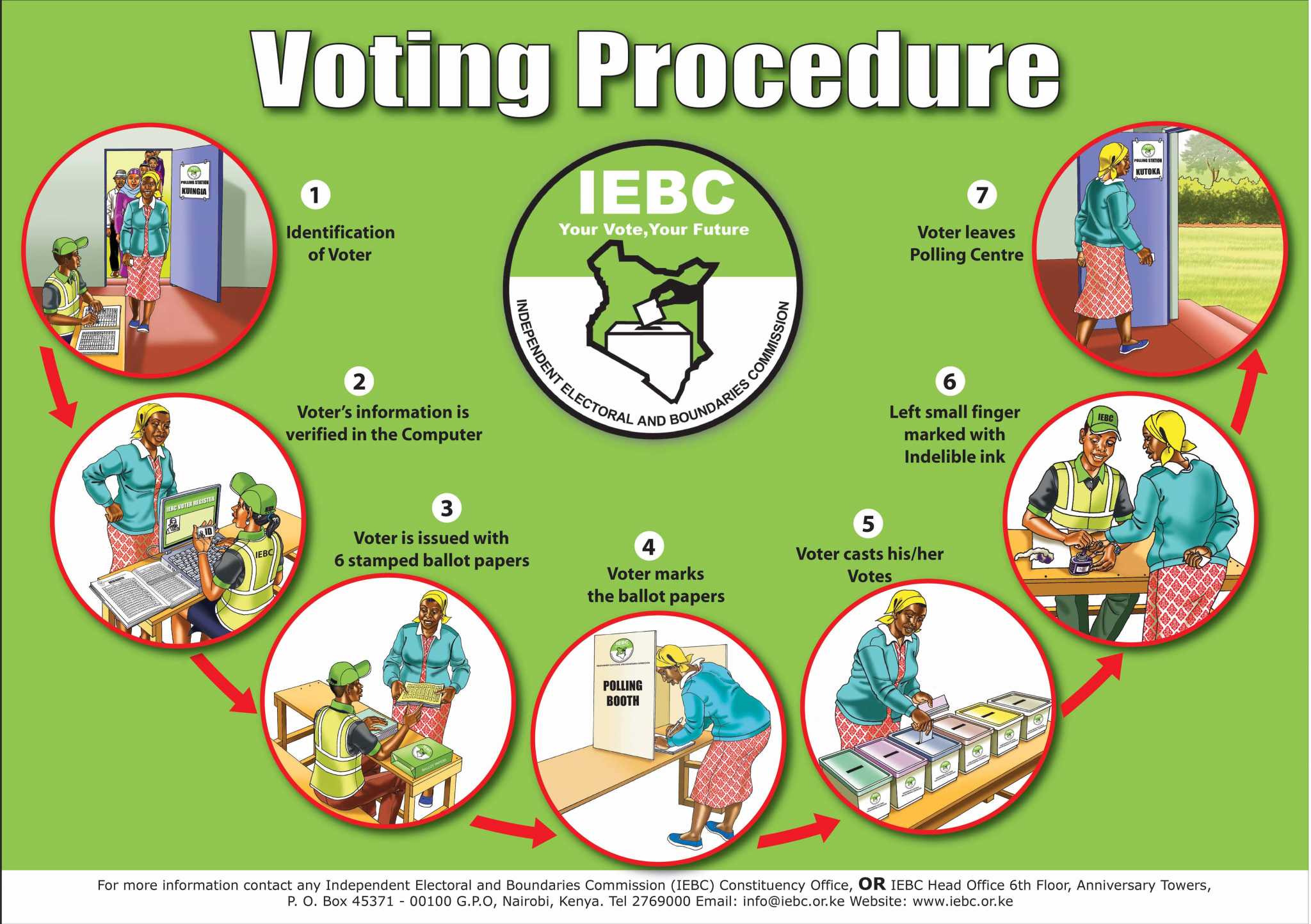I hate Groundhog Day. But not only because I dislike Bill Murray so intensely; I hate that this film that I hate with such intensity is such an apt metaphor to describe voting in Kenyan since 2007. 2002 was the last year Kenya held a credible election (though some will also observe that it was probably the first as well), when the tyrant Daniel Toroitich Arap Moi was unsettled by a coalition of powerful figures who had all once worked for him. The man who had been his longest-serving vice president, Mwai Kibaki, was elected president.
And then, in 2007, Mwai Kibaki was challenged by Raila Odinga. The election was a mess, and in the aftermath, a new term entered the Kenyan vernacular: post-election violence (PEV). A report issued after the PEV declared that the election had been so marred by irregularities that it was impossible to say who had won, and since then, every election has been an attempt to hold to something credible.
Election days are never solely about the present election. They are addressed to past elections, seeking redress or retribution for real and imagined injuries.
2017 was the first time I was in Kenya during a voting year since I became eligible to vote. The choices for president were no choices: on the one hand, a former ICC-indictee, son of Kenya’s first indigenous tyrant, member of a family that has slowly been buying all the milk-processing plants, and a Kikuyu ethnonationalist; on the other, a man who ran for office during the 2007 election, but remained silent for over a month as Kenyans slaughtered each other, a member of a family that rules over Western Kenyan politics, the heir to the man who was Jomo Kenyatta’s leading opposition figure, and a Luo ethnonationalist.
A choice between ethnonationalist patriarchs is no choice. I abstained.
So did the election commission, when they refused to follow the laws guiding their work. Polling results publicly displayed at polling stations clearly and obviously differed from those publicly announced on TV by the electoral commission. It was a farce.
The opposition challenged the election in Kenya’ Supreme Court, the only court permitted to preside over a case about the presidential election. I live-tweeted the court proceedings, switching streams from this station to that station, trying to get the most stable connection. I even watched TV to live tweet.
In a decision that shocked all of us, the Supreme Court nullified the presidential election. And while it faulted the electoral commission for performing a shitty job, it instructed the same shitty electoral commission to conduct a fresh election.
Kenyans recognized the farce for what it was. Many more abstained from voting. In a typical Kenyan election, more than 75% of registered voters turn out (86% in 2013, 77% for the first 2017 election); in the end, I believe something like 26% of registered voters turned up for the second vote.
A second election. A second farce.
And so it has been ever since, every election, another farce. I fucking want groundhog day to end. I fucking want a credible election with freedom-pursuing, freedom-practicing politicians who will represent freedom-pursuing, freedom-practicing voters and non-voters.
Keguro Macharia





